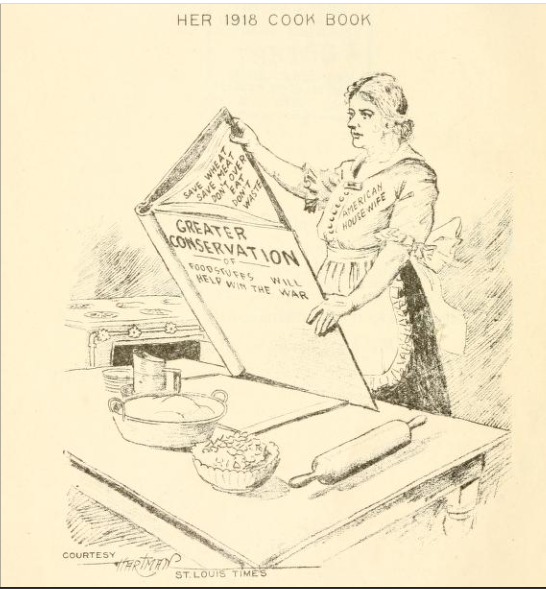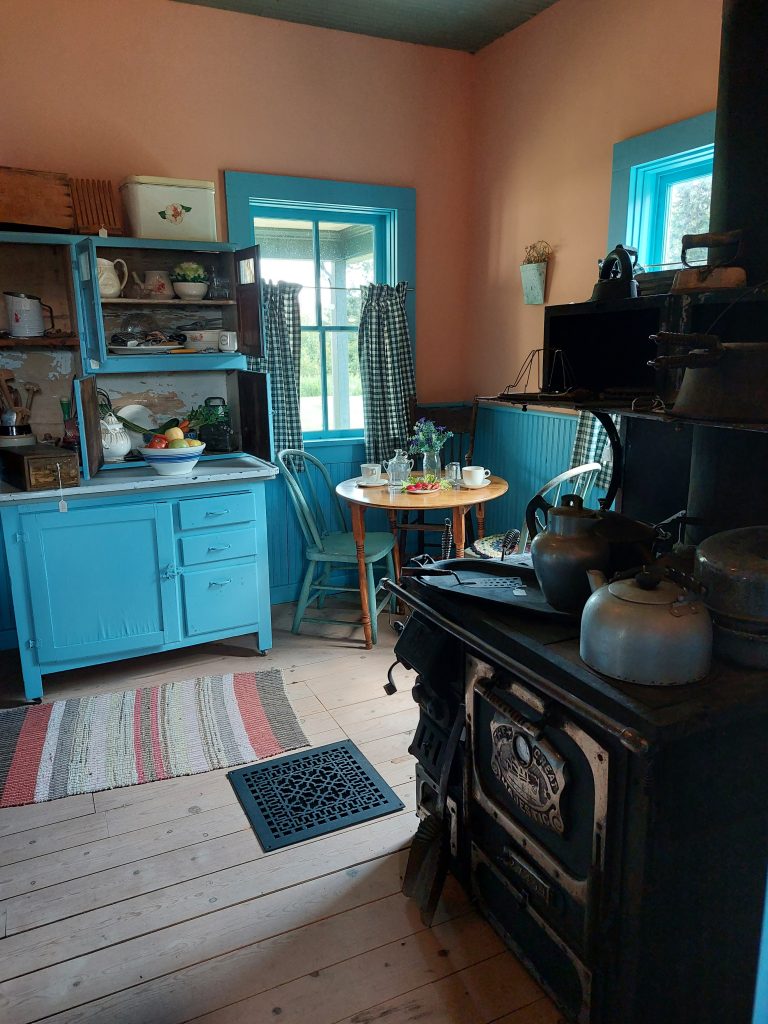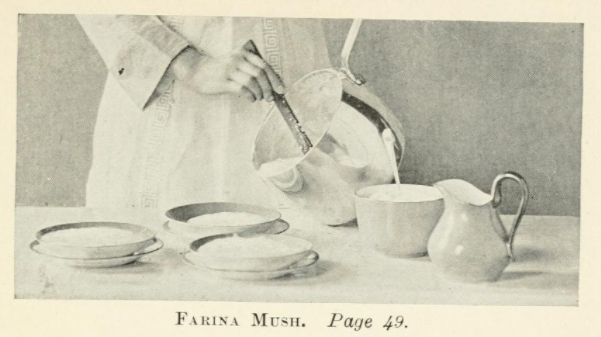
What do you know about World War I cooking? Probably very little. It’s not a highlight of culinary history.
Go back to the simple life, be contented with simple food, simple pleasures, simple clothes. Work hard, pray hard, play hard. Work, eat, recreate, and sleep. Do it all courageously.
~Herbert Hoover, US Food Administration in World War I
I’m one of those people who read cookbooks from cover to cover, especially old ones, just for fun. You may even find the occasional cookbook in my stack on books on my nightstand. Lately I’ve been reading cookbooks from the early 1900s and it’s led me down a deep rabbit hole. While I’ve read a number of World War II-era cookbooks and am familiar with food rationing, for some reason I’d missed the history surrounding World War I, where shortages and food scarcities were also a concern.
While American weren’t required to ration as they were in World War II, the government encouraged civilians (and especially housewives) to use alternatives for wheat, sugar, meat, and fat to help with the war effort. What’s old is new again, and here we are 100 years later and I’m seeing themes that feel very relevant to life right now.
Common Traits in World War I Cooking
When I look through my stash of cookbooks from the 1910s, I’ve noticed some things about World War I cooking:
- Fewer ingredients–Recipes don’t consist of long lists of exotic ingredients and many of the same basic ingredients are repeated throughout the cookbook.
- Alternative ingredients–The cookbooks stress minimal and non-sugar sweeteners, different grains to substitute for wheat flour, and creative proteins
- Seasonal food–It’s assumed that no one will eat fresh strawberries in December or oranges in July.
- Minimal recipes–Many of the books are small; they’re similar in size to a paperback book.

We have been remarkably blessed in recent years in the US. Not too many years ago I couldn’t have imagined empty shelves in the grocery stores. But then 2020 happened. I was a conquering hero because I found a couple of frozen chickens in the meat department and felt a touch of pride in my ample supply of toilet paper. But now, purchase limits are common and we aren’t completely surprised when something is out of stock. And empty grocery shelves are actually a thing, not an image of an historic, far away place.
What if the sporadic shortages in the food supply continue or even expand? None of us want to consider the worst scenario, but it’s worthwhile for us to think and prepare for difficult circumstances. l regularly hear rumblings that we haven’t begun to experience the worst of inflation and supply chain disruptions. Maybe the economy will bounce back quickly. Or maybe it won’t. Or maybe something else will happen. Famines and plagues aren’t just the stuff of fiction. If there’s one thing we’ve learned, it’s that anything can happen overnight. People throughout history have had to turn on a dime and be creative.
Using the Lessons of Food Rationing

So far, reading cookbooks from the World War I era has given me a glimpse into:
- The way people showed a flexible spirit through shortages and rations
- The ingenuity of American cooks! How else would the world have been exposed to such delicacies as Peanut Butter Bean Loaf? Stewed Endive? Steamed Salt Fish Mold?
- The emphasis on economy and avoiding food waste

Some of the recipes I’ve read absolutely deserve a place in history and by that I mean they should be kept firmly there in the depths of history. However, several recipes intrigue me and may have some merit for modern tastes. At least I think they’ll be worth trying! Since this topic intrigues me (and is so very relevant these days!) in future posts I’ll be sharing some of the recipes, perspectives, and observations I’ve discovered when it comes to World War I cooking.
P.S. Here is one recipe from World War I that I tried and loved.
Discover more from A Housewife Writes
Subscribe to get the latest posts sent to your email.
5 Comments;
Steamed salt fish mold? **Shudder**. And I thought Spam was bad!!
Now that you mentioned it, I haven’t seen much on WW1 cooking or shortages. I don’t even really recall learning much about that war in school. I think most of my education onit came via Downton Abbey!!
We are really so incredibly spoiled that people today really do believe we are suffering and this is the worst. I can’t imagine how it would go if true rationing returned. Even as a young kid in the 70s, I was shocked when my mom explained how excited they were to get an orange in their stockings! What? They were RIGHT THERE at the market! But they weren’t in her childhood.
I look forward to your lessons!
I have an old cookbook that my grandmother used. I have made a few things from it, including a strawberry shortcake, and found that desserts were significantly less sweet than we expect in things today.
I wonder if some of it came from WWI rationing but also just a general less reliance on sweet things? Interested in learning more!
I agree, and am looking forward to learning more!
By the way, whose kitchen is that? It is adorably beautiful!
It’s my dream kitchen! (Actually, it was a room in a museum in Jennings, Wisconsin.)
Great and insightful post. I’m looking forward to the recipes you share.